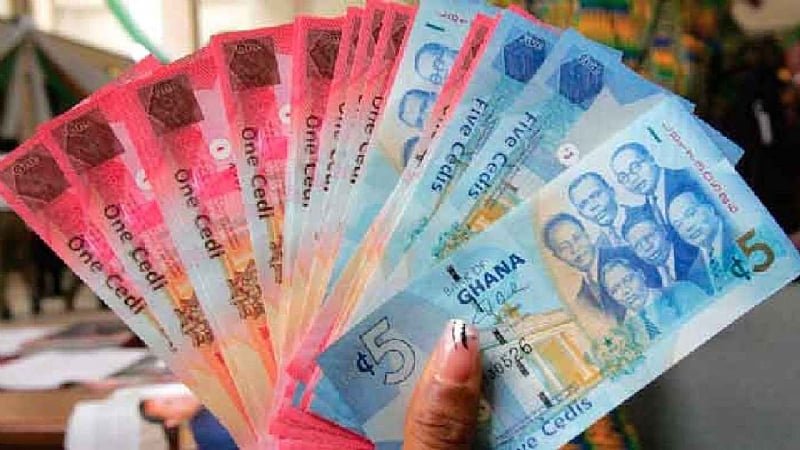As of October 3, 2024, the Ghanaian Cedi has experienced a notable depreciation against the United States dollar, reflecting changing economic conditions and market sentiments. The latest data indicates a decline of 4 pesewas in the buying rate and 1 pesewa in the selling rate compared to the previous week. Specifically, the buying rate stands at GHS15.70, with the selling rate hovering at GHS16.20. These figures are derived from a reputable Ghanaian currency and fuel update platform, Cedirates.com, showcasing the ongoing fluctuations in currency values in the Ghanaian financial market. The variations in exchange rates emphasize the challenges faced by the Cedi as it continues to adjust to both local economic dynamics and global economic forces.
In addition to changes with the US dollar, the Cedi’s performance against the British Pound and the Euro is equally notable. The average buying rate for the British Pound Sterling is recorded at GHS20.72, while the selling rate is substantially higher at GHS21.57. This discrepancy highlights the typical premium charged by currency sellers, reflecting broader market dynamics. For the Euro, the situation is similar, with average purchasing and selling figures at GHS17.24 and GHS17.99 respectively. Furthermore, the interbank market reveals that the Bank of Ghana quotes the Pound Sterling at GHS21.05, while the Euro stands at GHS17.54. Such rates often determine the transactions between commercial banks and financial institutions and can serve as benchmarks for further trades.
Money transfer services have also adjusted their rates in line with the evolving exchange landscape. For instance, platforms like LemFi and Afriex provide competitive rates for sending money to Ghana from the United States and the United Kingdom. Specifically, LemFi offers a buying rate of GHS15.73 per dollar, while Afriex offers a rate of GHS15.42. These platforms are crucial for facilitating remittances, particularly in a country like Ghana, where such inflows significantly contribute to the economy. The competitive nature of these rates not only enables users to get more value for their transactions but also illustrates the increasing competition among financial service providers in the digital remittance space.
When observing the exchange dynamics for the British Pound through these platforms, LemFi and Afriex offer competitive rates, with average buying and selling rates of GHS20.99 and GHS21.01, respectively. This level of service accessibility is vital for individuals engaging in cross-border financial transactions, as it allows for better planning and budgeting. Additionally, it is notable that Afriex is the only platform updating its Euro rates regularly, with the current selling price set at GHS16.76 per euro. This consistent updating of rates not only enhances transparency but also aids consumers in making informed choices regarding their exchange decisions.
Moreover, the implications of these currency exchange rates extend into everyday transactions, such as digital subscription services. For Ghanaians looking to renew their subscriptions to platforms like Netflix, Spotify, or Apple Music, the availability of US dollar transactions through cards like Visa and Mastercard is essential. The exchange rates offered by these processors are GHS16.96 and GHS16.94 per dollar, respectively. These rates reflect the sub-market conditions affecting Ghana and illustrate how fluctuating currency values can impact the affordability of foreign services for everyday consumers.
In summary, the Ghanaian Cedi is currently facing challenges against major currencies, leading to depreciation in both purchasing and selling rates. As seen in recent trading figures, the Cedi is not only struggling against the US dollar but also against the British Pound and Euro, highlighting broader economic challenges. However, the competitive rates from money transfer platforms and payment processors for digital subscriptions demonstrate a growing sector of financial services in Ghana that can potentially provide favorable conditions for consumers amid the fluctuating currency landscape. The overall volatility in the currency market serves as a reminder of the interconnected nature of global finance and its direct bearing on local economies and consumer experiences.














